Olamina
Olamina seeks to address the lack of capital access for communities outside of the reach of traditional community finance institutions. Launched by Candide Group in 2019, Olamina focuses on lending opportunities that empower communities in the Deep South, Indian Country, and Rural America.
In Phase I, the vehicle reached $40M and was fully deployed in 21 investments across loan funds, direct investments, and real estate portfolio companies. The need was well beyond the size of the vehicle, and we also saw that deeper impact could be achieved with more flexible capital, leading us to build a Phase II to continue this work.
In Phase II, the team seeks to grow the effort towards $100M and to expand the breadth of products offered to communities by raising a hybrid capital stack of grants/recoverable grants, low-cost debt, and traditional community debt offerings. With these more diverse resources, Olamina will be better positioned to take on long-term, community-led projects that more effectively empower communities and the people and families within them.

Olamina Current & Historic Borrowers



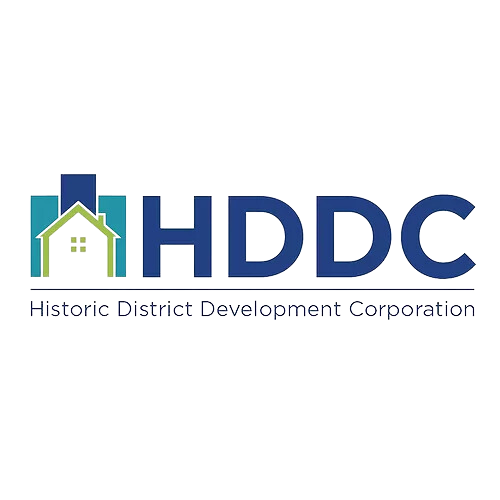
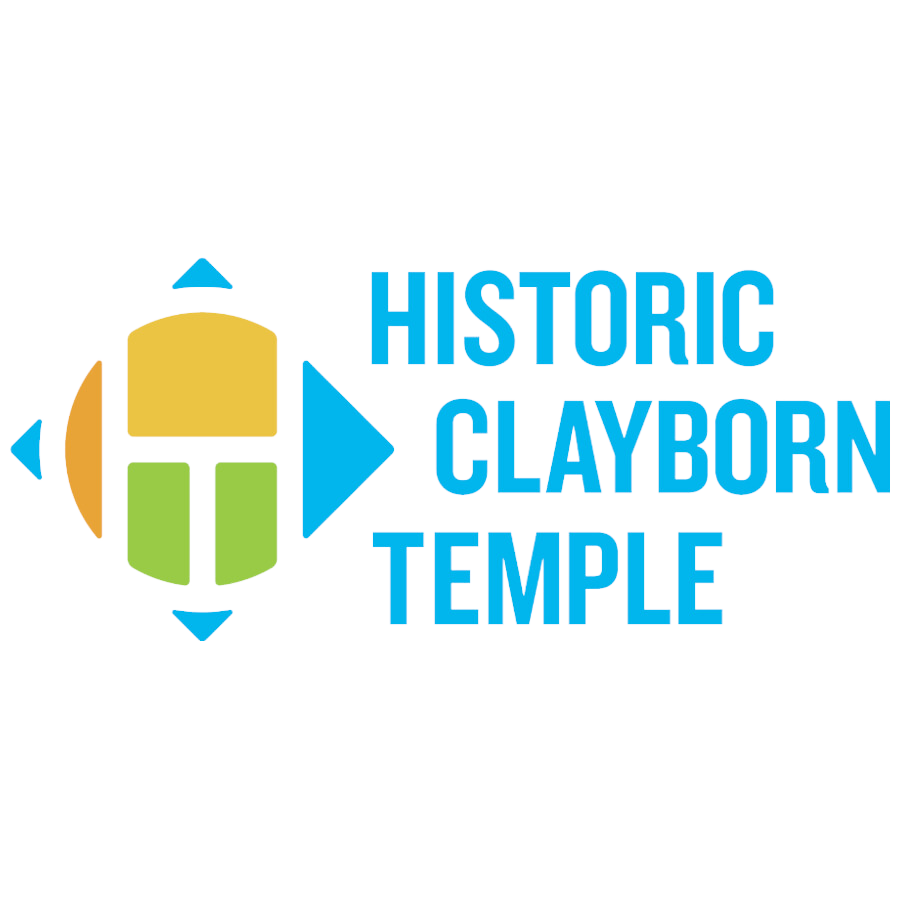

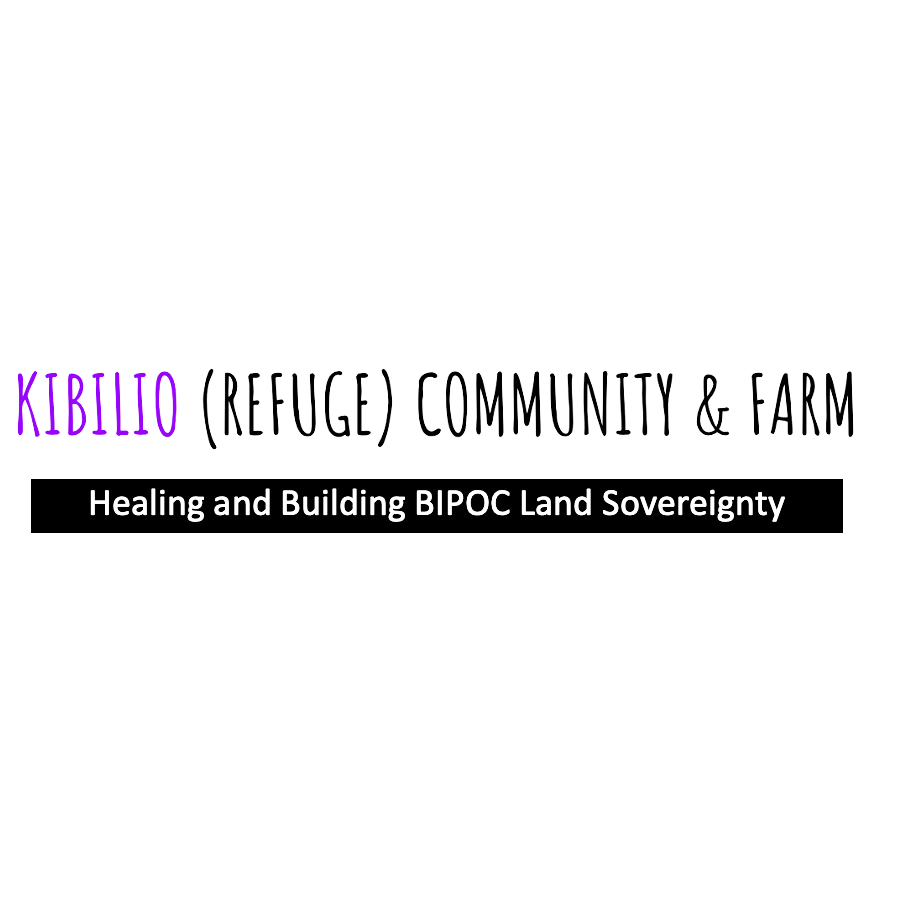


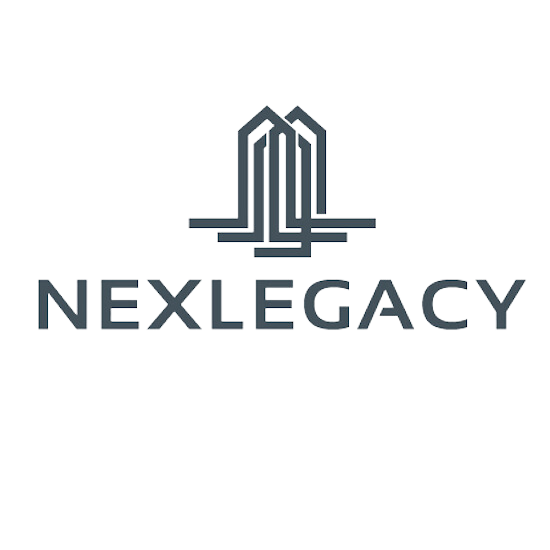

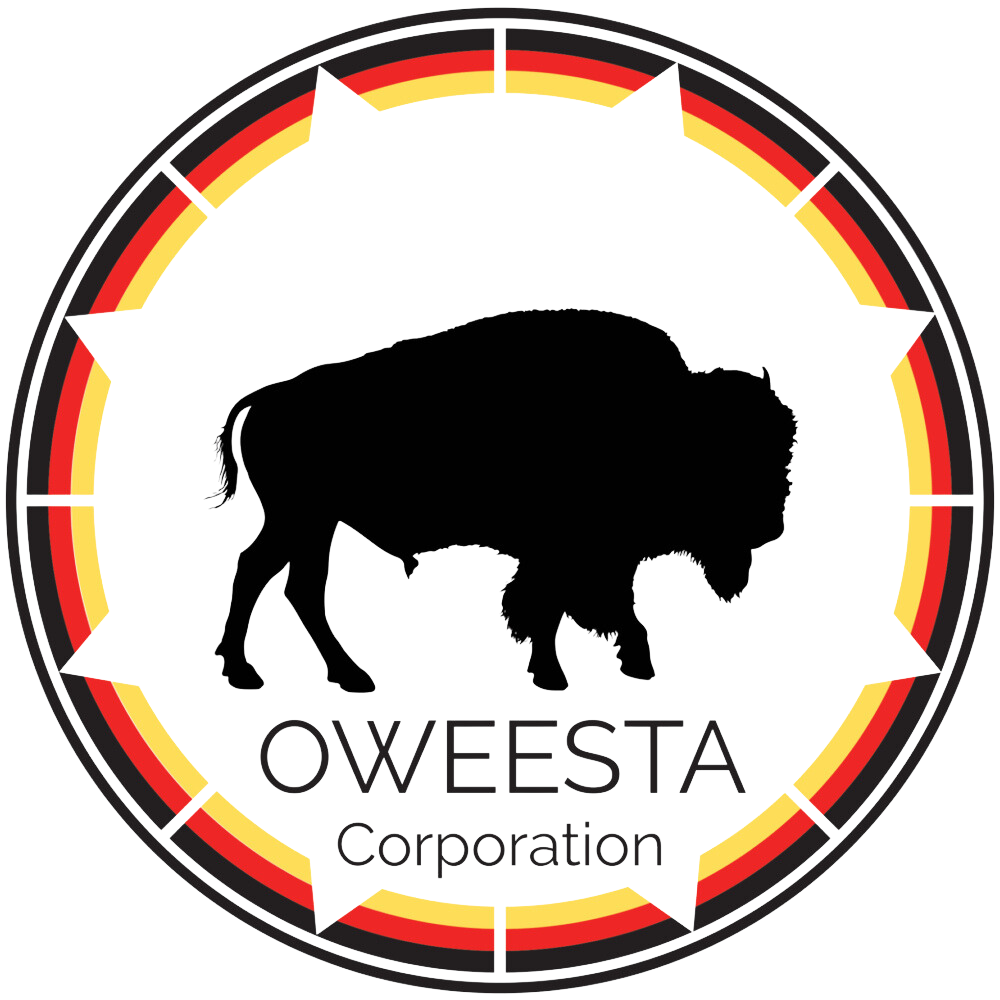

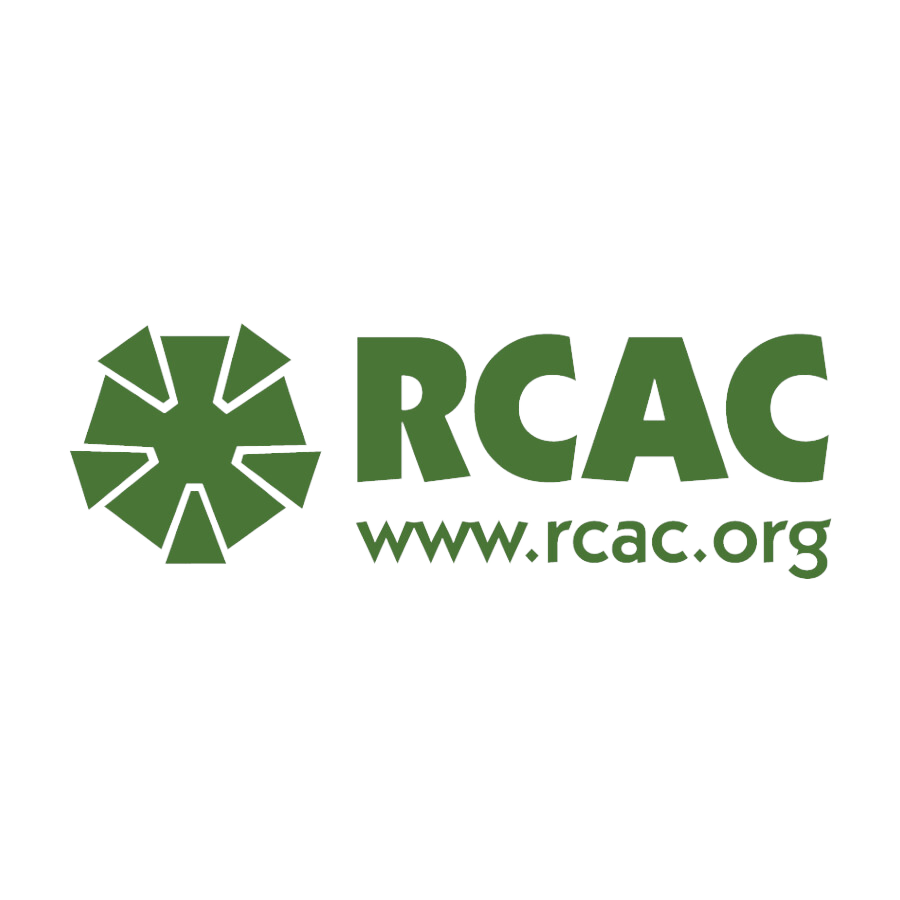

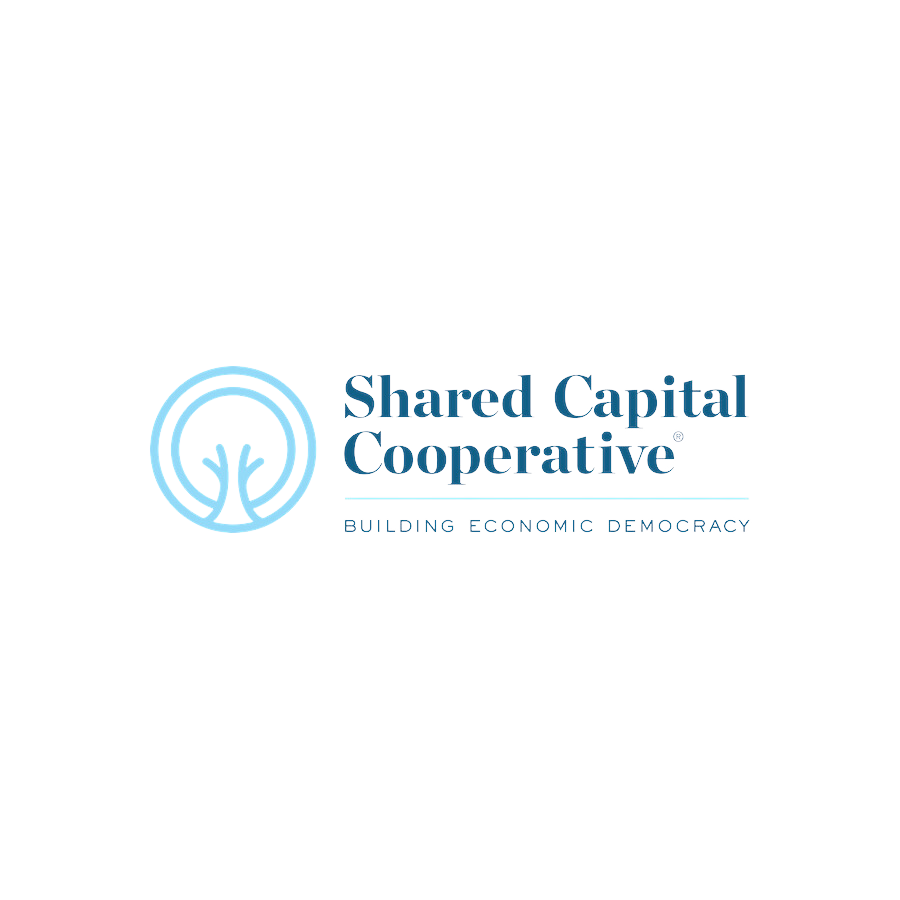
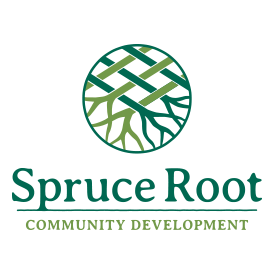
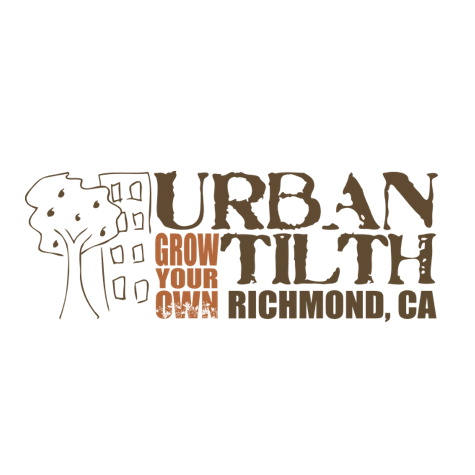
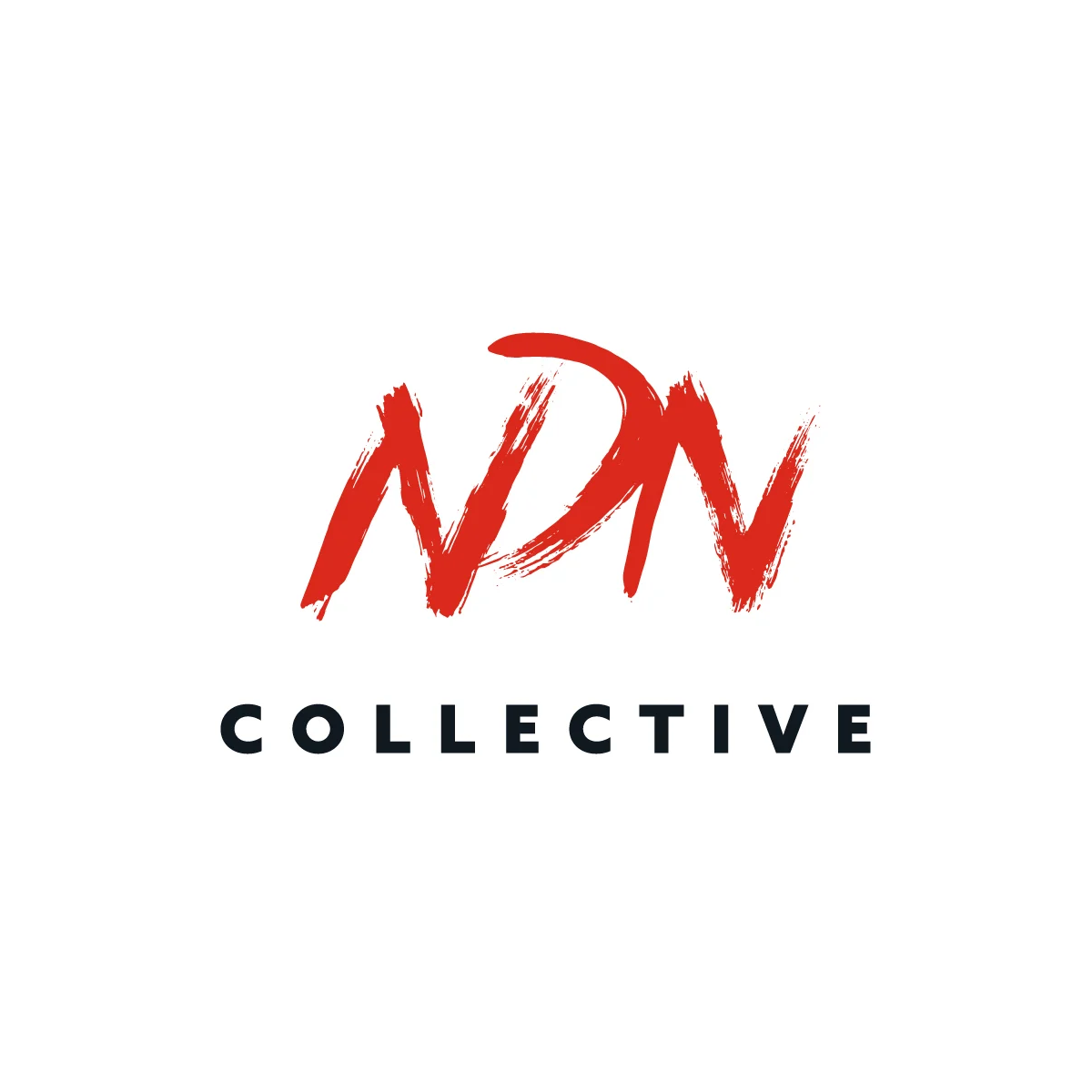
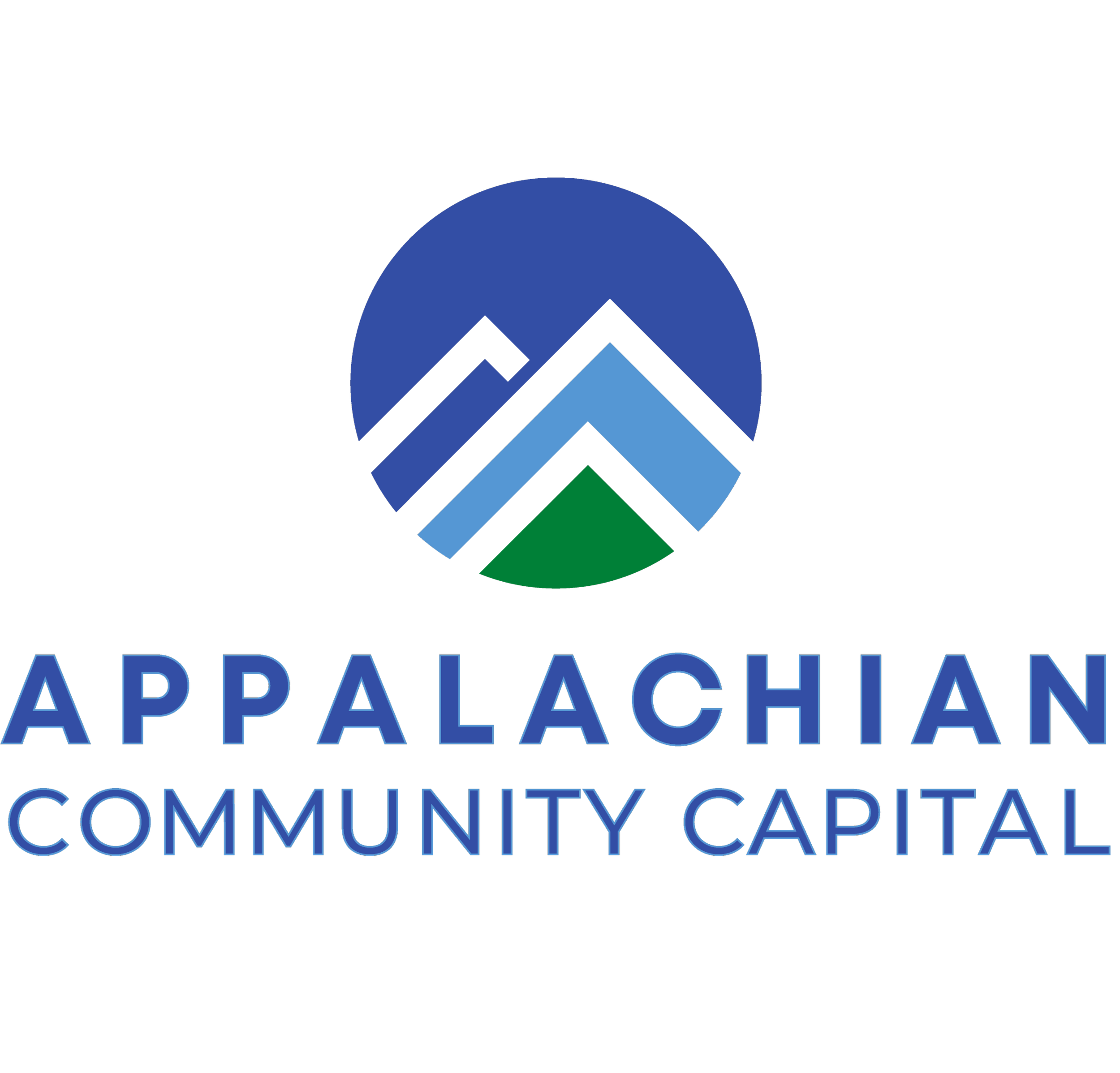

FAQs
-
Sticking with Candide Group’s affinity for literary characters, Olamina’s namesake is Lauren Oya Olamina, the protagonist of Octavia Butler’s novel Parable of the Sower. Set in California in the 2020s — where society has largely collapsed due to climate change, growing wealth and racial inequality, and corporate greed — the novel centers on a young woman of color who possesses what Butler dubbed hyperempathy, or the ability to feel pain and other sensations she witnesses. Olamina boldly leads her community to search for a better future in the midst of their dystopian reality. Fittingly, Olamina has its origins in the African-Yoruban language, meaning “this is my wealth.”
-
Olamina has invested $42 million to date and is actively engaging with accredited investors to expand its facility. To learn more, please contact us.
-
Historically, capital has been pulled from the sources of production into stagnant pools. This process has left communities with a dearth of wealth. This exacerbates the relationship of wealth extraction and leaves manny people in the Deep South, Indian Country, and Rural America at the mercy of capital’s whims.
Community resilience is about keeping as much capital as possible in the communities that created it. It’s about restoring the cultural and economic fabric of the places we serve so that they are better resources for whatever the future may bring. -
At Olamina, community involvement isn’t an afterthought — it’s central to how we operate. We are intentional about selecting service partners from the communities we serve, ensuring that our work is shaped by those with lived experience. Recognizing the limitations of our "Bay Area bubble," we prioritize time in communities, learning firsthand how systemic racism and white supremacy intersect with economic barriers.
One of the key ways we embed community voice into our work is through our Community Advisory Board (CAB). The CAB is made up of leaders from the very communities we seek to support, ensuring that our lending decisions are guided by those most impacted.
Olamina is designed to close the funding gap for organizations led by and for community members. We view strong community relationships not as a risk, but as a risk mitigant, and we champion models that center community governance and solution design.
As part of our governance structure, we ensure stakeholder representation through the CAB, which:
• Advises on overall strategy.
• Reviews investment opportunities through a community wealth-building lens.
• Actively participates in credit decisions as part of the Credit Committee, which approves all loans.Beyond just financing, we are committed to shifting power dynamics in the financial system. Our diverse advisory board plays a crucial role — not just in deciding who we fund, but also in determining whose capital we accept, ensuring that every financial contribution aligns with our mission to uplift communities.

